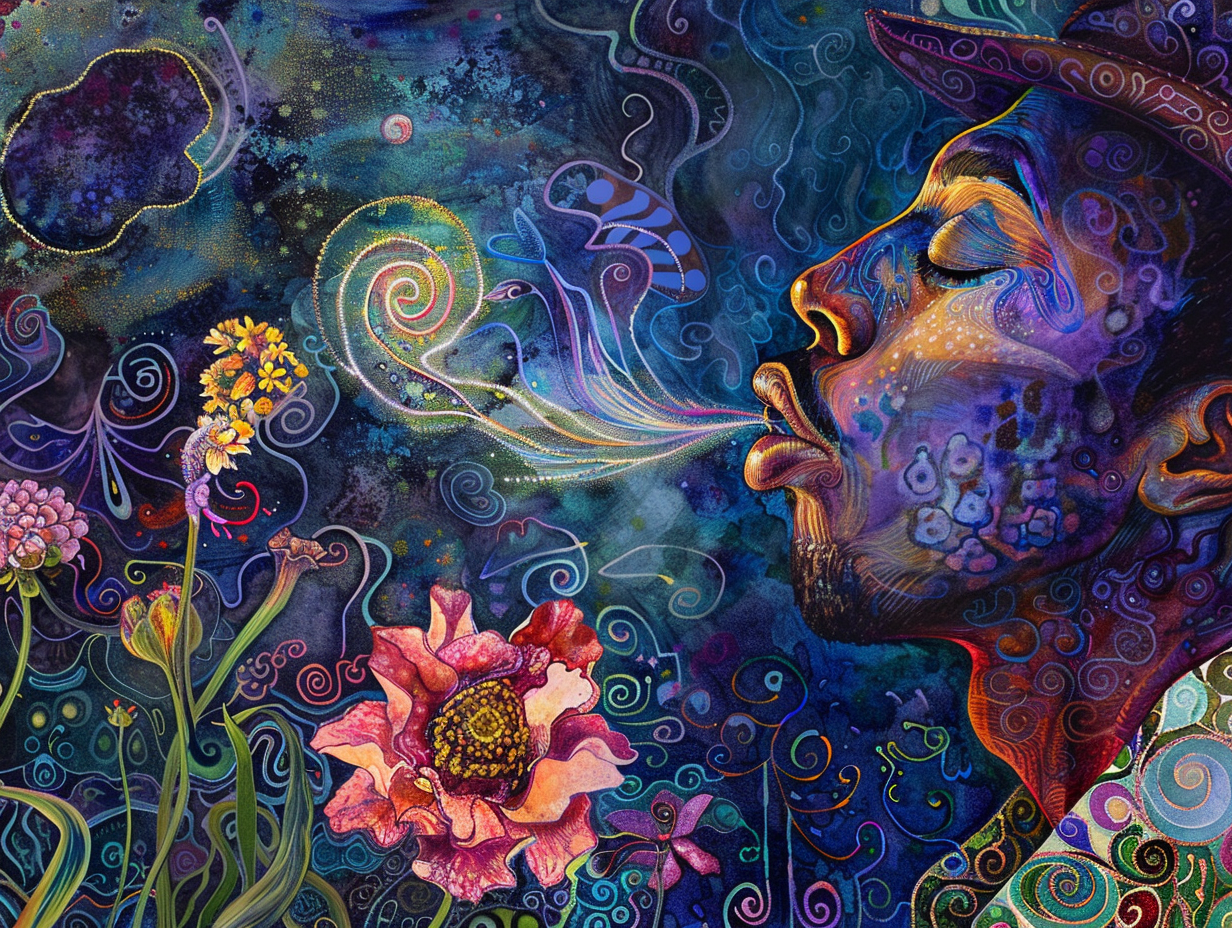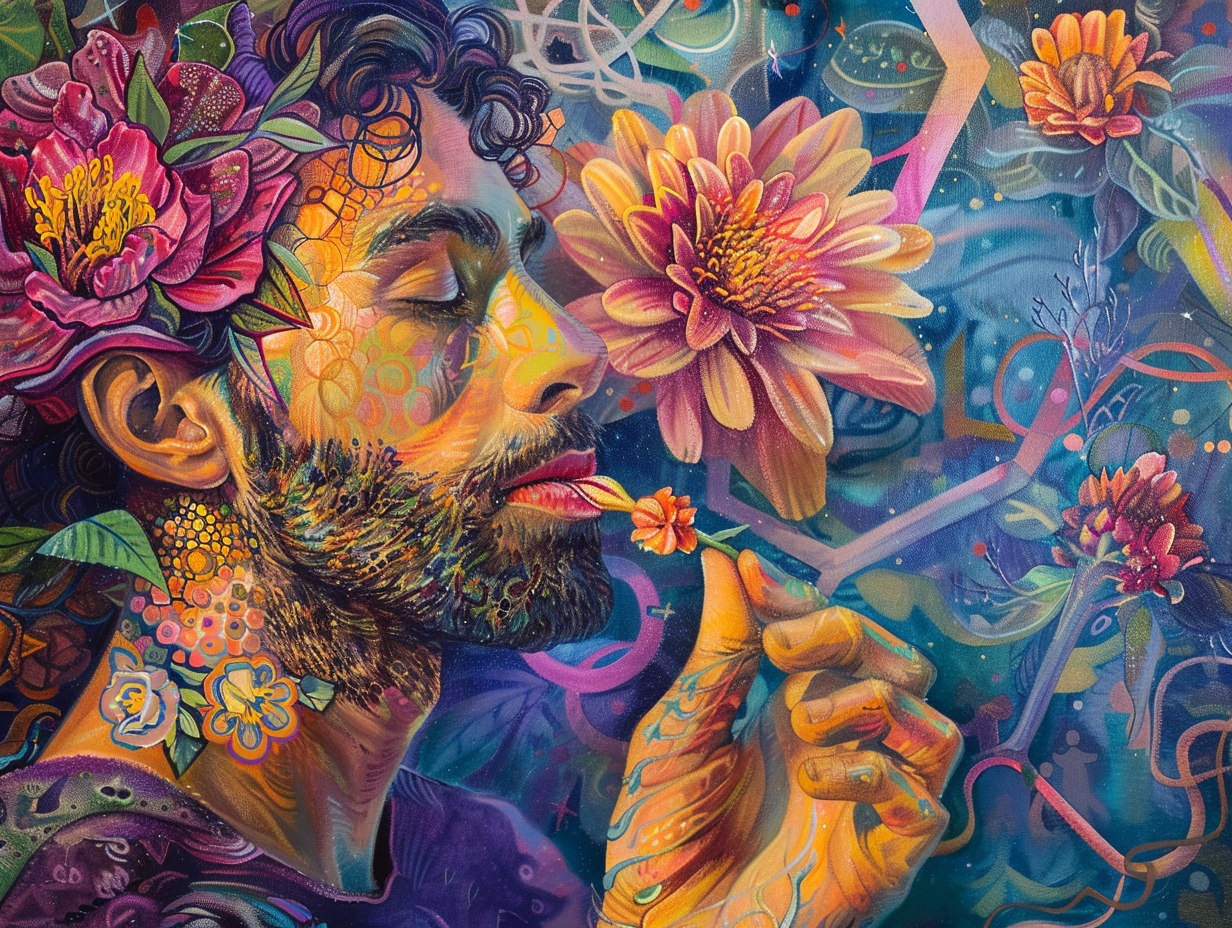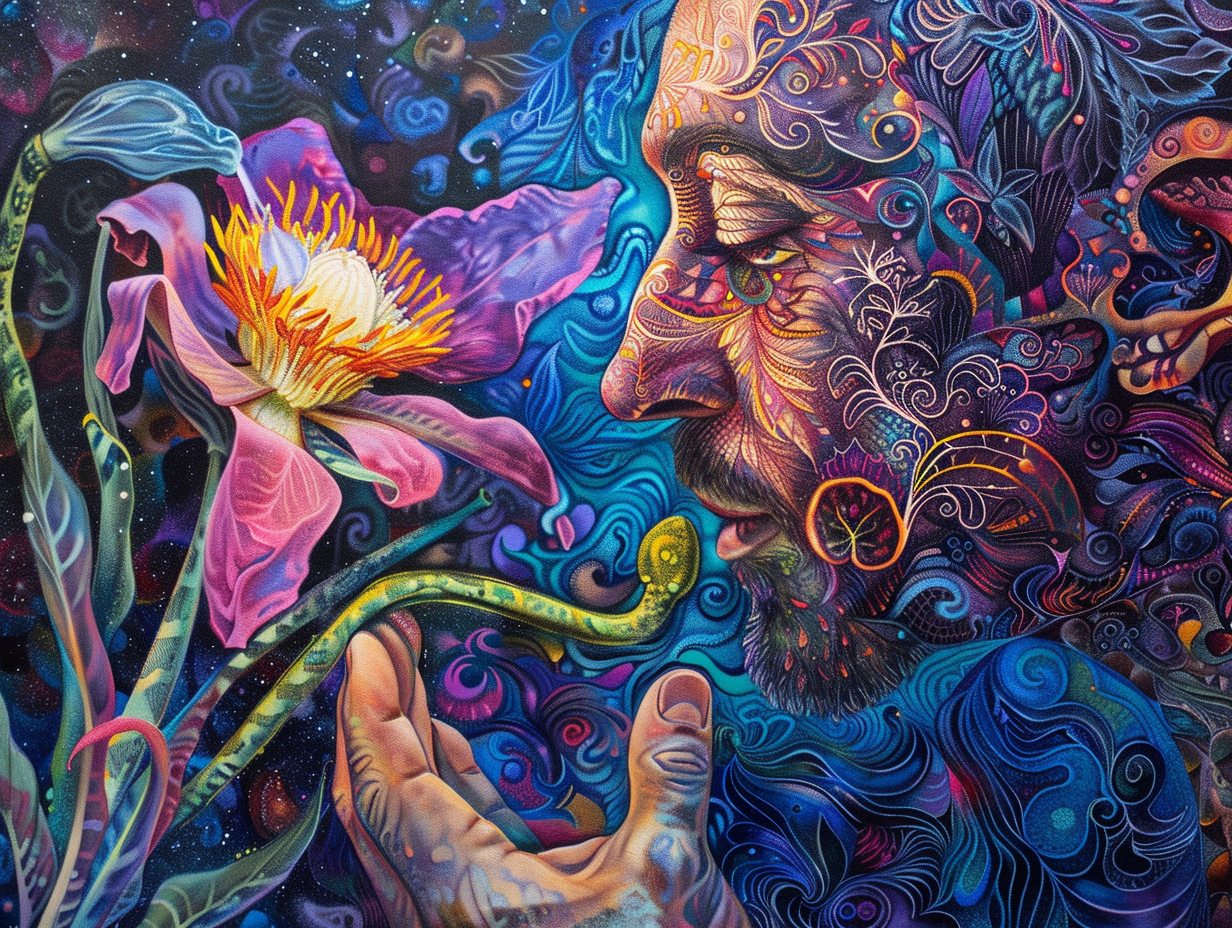Understanding Clinical Depression: A Holistic and Integrative Perspective (Part 2 of 3)

Disconnection: A Modern Epidemic
One of the most overlooked causes of depression is social and environmental disconnection. In a world that promotes individualism, digital interactions, and high work demands, many people feel isolated—even when surrounded by others. Loneliness isn’t just an emotional state; studies show it increases inflammation, raises cortisol levels, and weakens immune function, all of which can contribute to depression.
Technology has given us more ways to connect than ever before, yet studies show that loneliness is at an all-time high. The reason? Digital interactions often lack the emotional depth and real-world presence we need to feel truly seen and supported. In a hyperconnected world, more and more people feel profoundly alone.
We evolved to be part of close-knit communities, and when those bonds weaken, mental health suffers. Restoring social connection—whether through deep friendships, community involvement, or shared purpose—is essential for long-term well-being.
The Impact of Lifestyle and Movement
Modern sedentary lifestyles also play a huge role in depression. Our brains evolved for movement, yet most people today spend hours sitting, staring at screens, and rarely engaging in physical activity. Exercise is one of the most effective antidepressants, increasing neurogenesis (the growth of new brain cells) and improving neurotransmitter function.
Exercise does more than strengthen your body—it actively reshapes your brain. Regular movement boosts serotonin, dopamine, and endorphins, the very chemicals that antidepressants try to regulate. It also triggers neurogenesis—the growth of new brain cells—helping to rebuild the neural pathways affected by depression.
Simple but powerful lifestyle shifts—such as walking in nature, daily exercise, and exposure to natural light—can significantly improve mood and energy levels. These aren’t just small lifestyle tips; they are foundational pillars of mental health.
🚀 In Part 3, we’ll explore practical solutions for healing depression, including nervous system regulation, movement, social connection, and therapy.
Related Resources
Explore insights and practical guidance for your personal journey.




